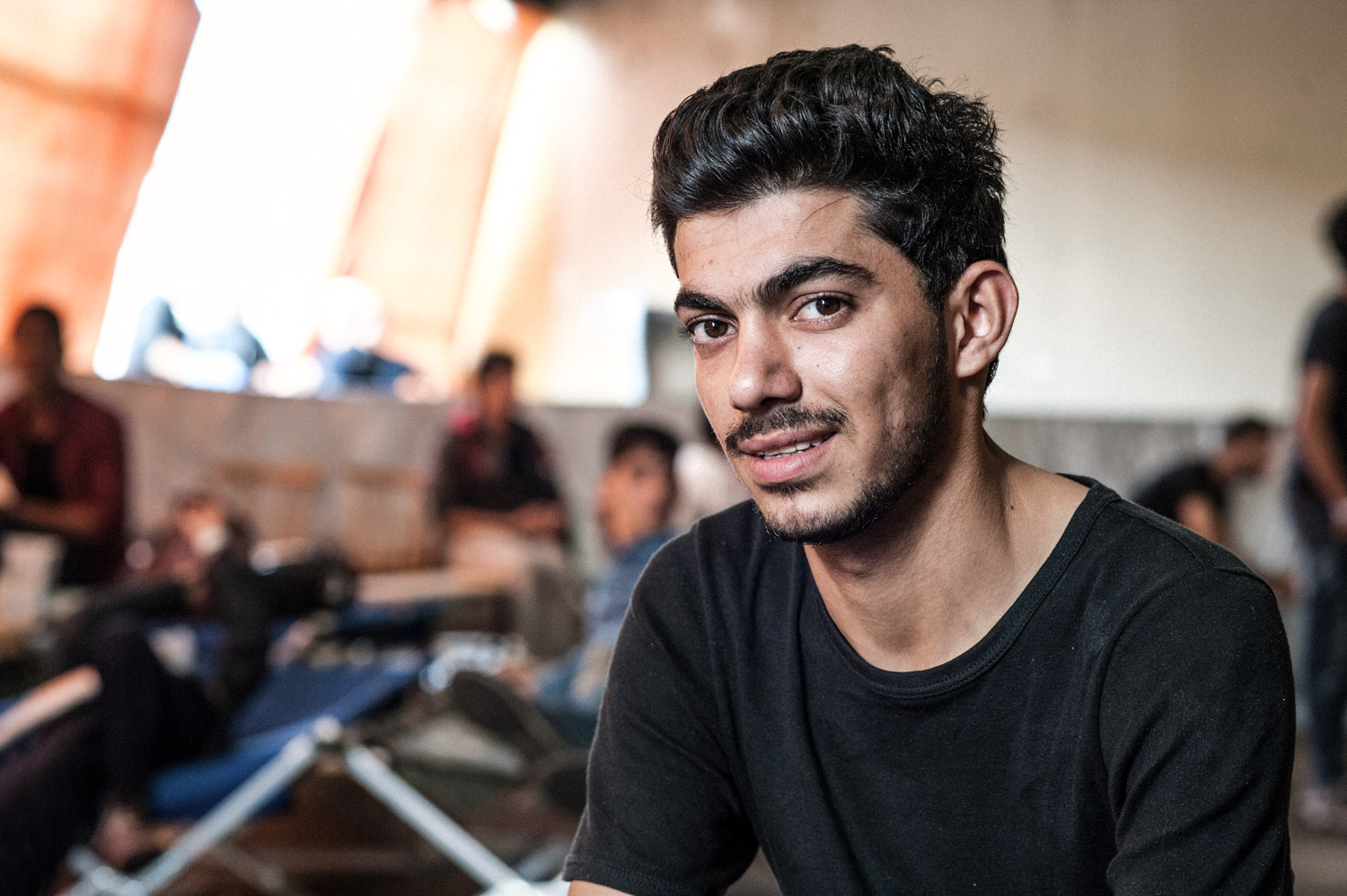The lack of opportunities among refugees and other vulnerable young people affected by ongoing conflicts can result in limited social mobility and the loss of basic rights. This makes it extremely difficult for these young people to become self-reliant and contribute to improving the situation for themselves and their families.
This also applies to vulnerable youth in Jordan, where access to education and other learning opportunities are limited. The greatest educational gap in Jordan is among young Syrian refugees and other vulnerable adolescents where enrolment in the education system decreases dramatically after basic education.
To help reverse this trend, the Novo Nordisk Foundation is launching a new programme aimed at helping young Syrian refugees and other vulnerable young people in Jordan to create a sustainable future by improving their opportunities to enhance their social and economic empowerment and self-reliance.
“We want to help to break down the barriers that prevent Syrian refugees and other vulnerable young people in Jordan becoming self-reliant. To succeed, it is vital that more young people complete primary and secondary education and become economically empowered, thereby enabling them to create a better future for themselves and their families,” explains Hanna Line Jakobsen, Senior Vice President, Social & Humanitarian, Novo Nordisk Foundation.
Focus on education, living conditions and evidence
The programme is open for applications for projects aimed at helping young Syrian refugees and other vulnerable young people in Jordan to create a sustainable future by focusing on one or more of the three focus areas:
- Education
- Livelihoods
- Research and evaluation projects.
The focus area on research and evaluation projects will help to strengthen the knowledge base that can help decision-makers to make informed decisions, which will avoid humanitarian projects becoming overly focused on short-term improvements.
“Evidence-based knowledge of what works in improving the social and economic conditions of refugees is greatly needed. Developing long-term knowledge is important, since otherwise the humanitarian sector risks investing time and money on ineffective projects,” says Hanna Line Jakobsen.
The Foundation is making DKK 40 million available over 3 years under its Pathways to Youth Empowerment and Self-Reliance programme. Applications may be submitted for two types of projects:
- projects focusing on research and evaluation, which are eligible for grants of DKK 2 million to 5 million; and
- projects focusing on interventions or activities in Jordan, which are eligible for grants of DKK 5 million to 10 million.
The Foundation has established a new committee, the Committee on Youth Empowerment, to award the grants. The Committee comprises members with both research and practical experience and expertise in education and livelihoods in conflict-affected areas.
Read more about the application process here.
Further information
Christian Mostrup, Senior Programme Lead, [email protected], +45 3067 4805








